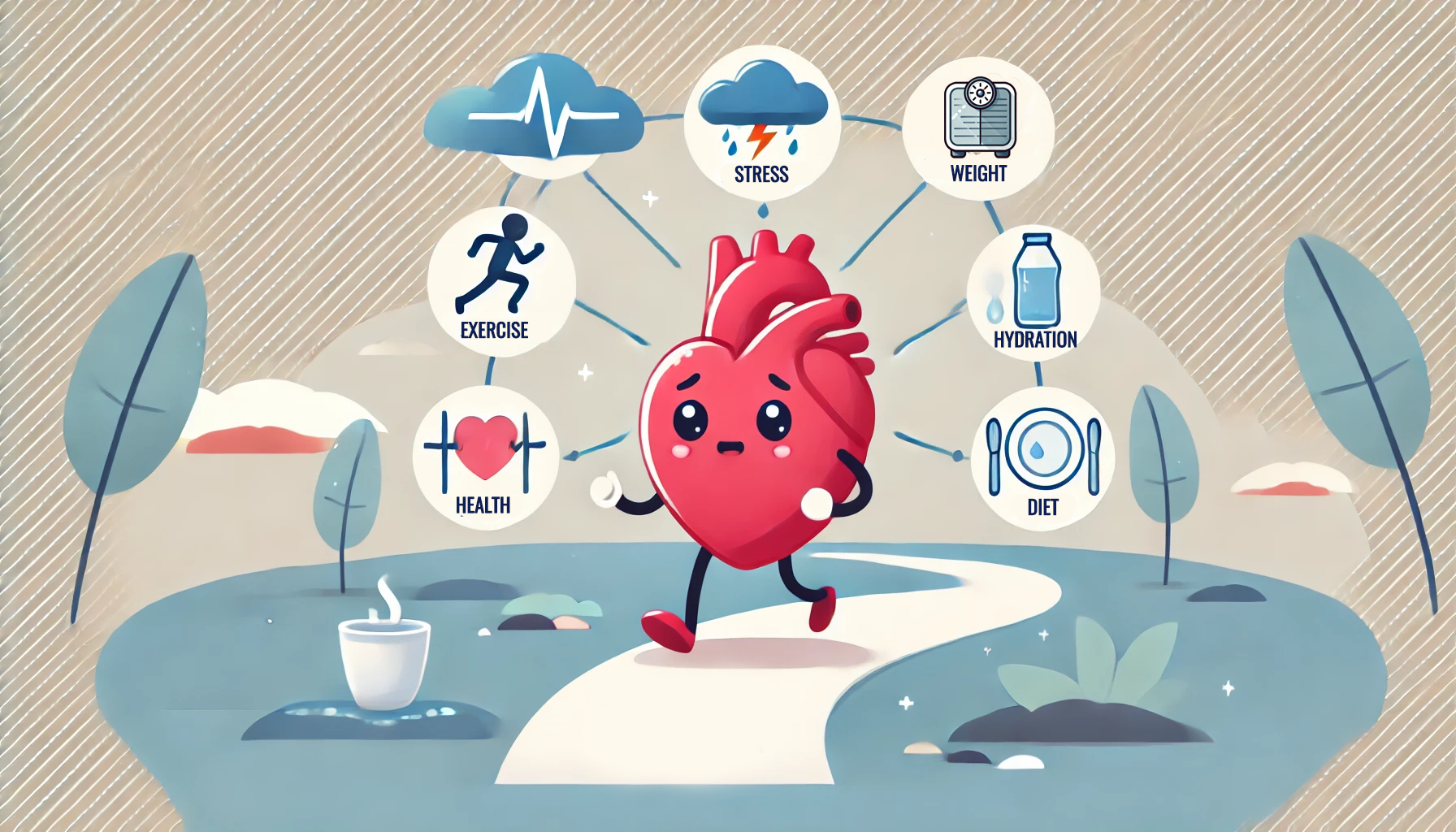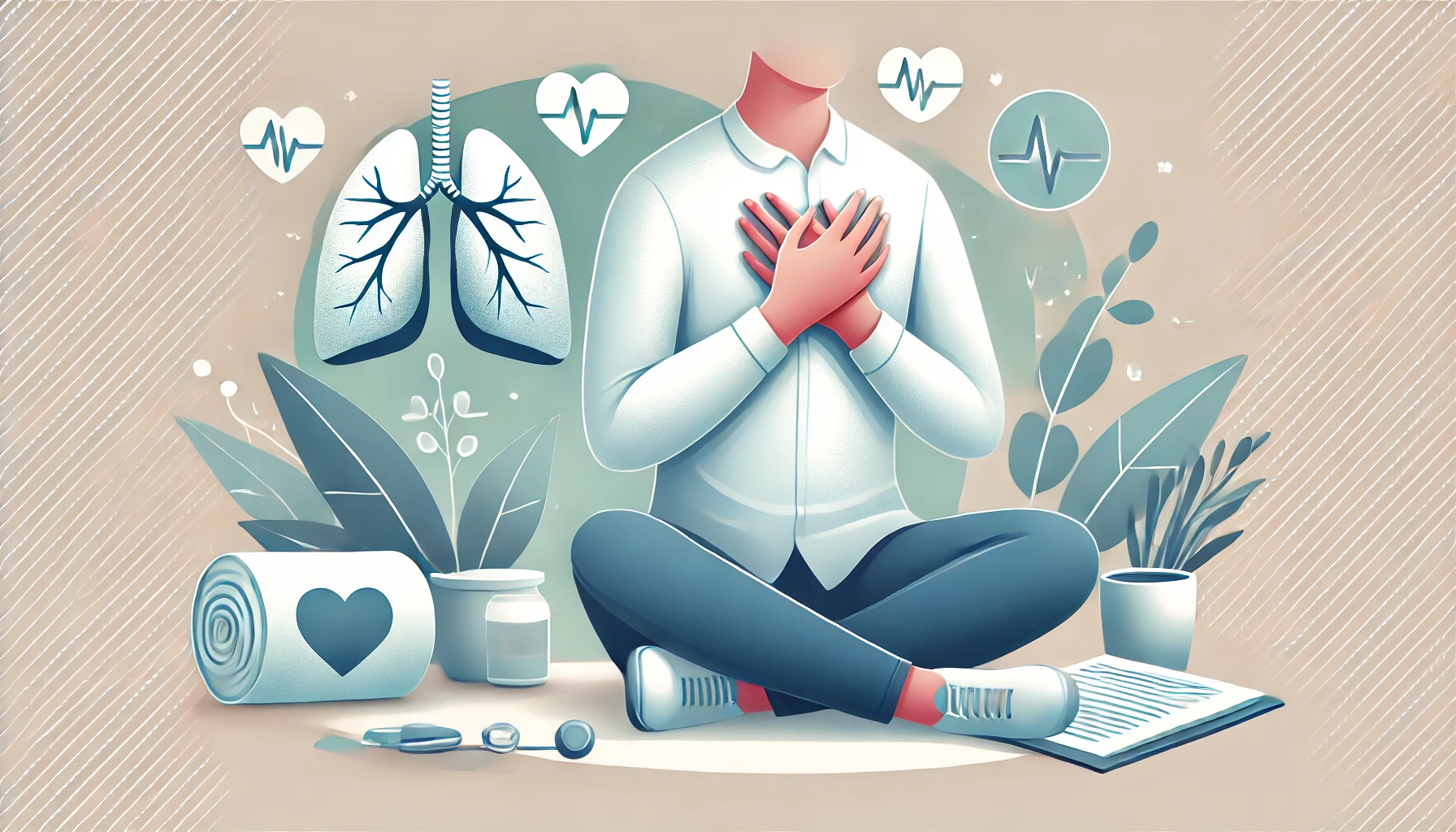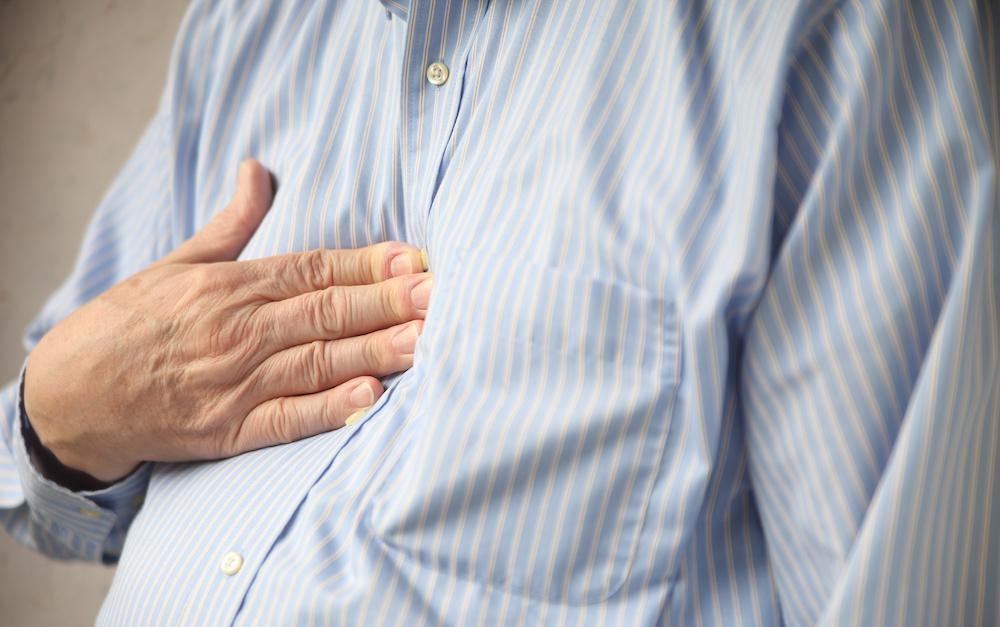There is no wrong way to respond to a flutter in your chest, though several can be concerning. For most people, a little flutter in the chest might startle them or make them think they’re falling in love. However, some people feel these flutters, along with other symptoms and should look for an interventional cardiologist with years of experience treating and diagnosing cardiac conditions.
Rishin Shah, MD of Prime Heart and Vascular in Allen, Frisco, and Carrolton, Texas, knows that heart flutters happen, but might not be benign. Heart flutters are a colloquial name for heart palpitations, which have a number of causes.
What exactly is that fluttering in my chest?
Normally, we’re barely aware of our own heartbeats. When your heart is racing or feels like there are “extra beats,” you’re experiencing heart palpitations. Most people feel these flutters in their chests, but you might also feel them in your neck or in your throat.
What can cause fluttering in my chest?
These palpitations often result from a long list of common causes of a weak heart, including:
- Your lifestyle: frequent and strenuous exercise, alcohol use, drug use, and excess amounts of caffeine
- Your overall health: low oxygen levels, low blood sugar, dehydration, and sickness
- Emotional response: depression, anxiety, insomnia, stress, and panic
- Medication: asthma inhalers, cough medicine, even antiarrhythmic treatment
- Changes in hormones: menopause, pregnancy, and thyroid problems can cause heart palpitations
Certain people are at risk of experiencing heart flutters. If you’re living with chronic stress, for example, your likelihood of experiencing heart flutters is higher than people who effectively manage their stress. If you’re pregnant, live with a thyroid disorder, or actively use stimulant drugs, you’re at elevated risk of experiencing a heart flutter.
Heart flutters generally last for only a few seconds, but can last for a few minutes or several hours. In addition to the racing or extra beats mentioned before, you might feel your heart slow or feel some other discomfort. If you’re experiencing additional symptoms, however, you should reach out to a specialist.
Do I need treatment?
Heart flutters are generally mild, infrequent, and not harmful to your health. There are, as mentioned, reasons that heart palpitations should be taken more seriously. Some other symptoms that impact the severity of a heart palpitation include:
- Sweating while resting
- Chest pain
- Dizziness or fainting
- Nausea or vomiting
- Shortness of breath
Unfortunately, heart palpitations can be a sign of arrhythmia, which could be a sign of high blood pressure or heart disease. Complications of heart palpitations include stroke, congestive heart failure, and cardiac arrest. If you were born with a heart condition, heart palpitations could also be a sign of your chronic condition.
What can I do to stop heart fluttering?
If you’ve been having heart flutters and they’ve become more frequent, Dr. Shah may have some solutions for you. Before we prescribe any treatment, he reviews your medical history with you, and tests you to confirm that you aren’t living with any underlying medical conditions. Whatever the cause, if your chest is fluttering, please call us today at 972-295-7017, or book an appointment with us online.





